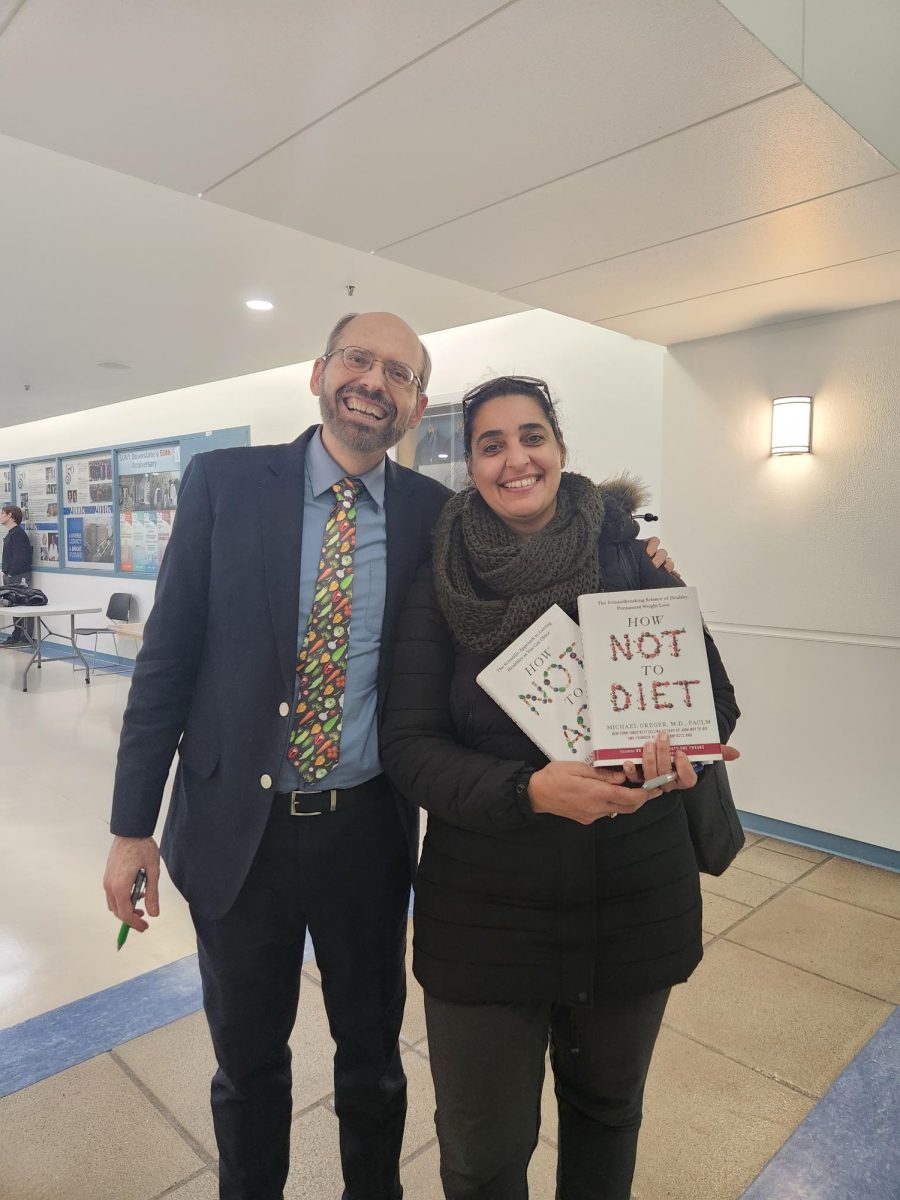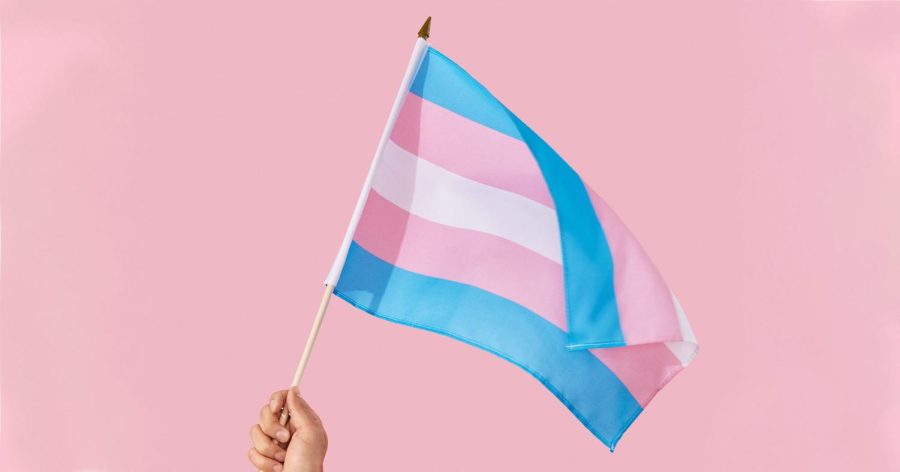Targeting Transgender Individuals in Texas
April 13, 2022
I sat in the doctor’s office, fingertips fidgety and cool to the touch. I had only ever dreamed of leaping towards this vital and validating step in my transition. Here I was shaking in anticipation, anxiety, and uncertainty—years of postponing this appointment for fear of my safety and immediate discourse from family members. After numerous back and forth phone calls between my insurance company and social worker, I took the initial step to begin the process of my medical transition. My doctor walked in with a warm smile, asking the reason for my visit. “I’d like to begin my medical transition and I need a letter of medical necessity,” I said in a shaky voice. She furrowed her brows and averted her eyes from me, processing what I just said. I looked at her anxiously for her eyes to meet mine again. After a slight pause, she raised her gaze and said “I can’t write you that letter, I don’t deem this a medical necessity. I would deem someone who needs an organ transplant as a medical necessity, but not this.” I felt my face harden and felt everything within myself drain.
As a member of the transgender community, the criminalization of transgender healthcare isn’t a new occurrence. With attacks at the state level, Texas is, in particular, becoming the loudest state to not only promote an unwelcoming and dangerous environments, for transgender individuals, but to take this one step further and impose criminal penalties on parents, medical professionals, and teachers who encourage safe spaces and medical treatments. The magnitude of Texas’ campaign against transgender youth is described by an article from the New York Times website titled “Texas Investigates Parents Over Care for Transgender Youth.” The Suit says, “Texas officials have begun investigating parents of transgender adolescents for possible child abuse, according to a lawsuit filed on Tuesday, after Gov. Greg Abbott directed them last week to handle certain medical treatments as possible crime…”
The order followed a nonbinding opinion by the Texas attorney general, Ken Paxton, that parents who provide their transgender teenagers with puberty-suppressing drugs or other medically accepted treatments — which doctors describe as gender-affirming care — could be investigated for child abuse.” As someone whose parents have been unaccepting, unforgiving, and ignorant regarding my gender identity, it seems bizarre that parents, educators, and medical professionals who provide support, acceptance, and validation are seen as potential abusers. To target transgender individuals is cruel, but to then use scare tactics that encompass supportive people in their lives, knowing that transgender individuals may experience loneliness provides insight into the callous nature of the Texas government.
Gender affirming care has been and perhaps will continue to be scrutinized based on the personal opinions of the general public. In the article from the Human Rights Campaign titled Gender Affirming Care: Setting the Record Straight as Extremist Politicians in Texas and Other States Continue Doubling Down on Attacking Trans Youth, the legitimacy of gender-affirming care is emphasized:
“Every credible medical organization calls for affirming care for transgender and non-binary people. Sexual orientation and gender identity are real concepts recognized by major medical and mental health associations — including the American Medical Association, the American Academy of Pediatrics, the American Psychological Association and the American Academy of Child and Adolescent Psychiatry — as part of the normal spectrum of human experience. Health care providers who work with transgender and non-binary people — including young people — are providing life-saving care, with many patients driving hundreds of miles just to get to their doctor’s office…Transgender children are not undergoing irreversible medical changes…Gender-affirming health care is lifesaving. For transgender people, being denied critically necessary transition-related care can extend and exacerbate the stress and discomfort caused by gender dysphoria, leading to increased incidences of depression and substance abuse, as well as health complications caused by delaying care.”
Even though the fiery opposition, gender-affirming care triumphs as a valid medical practice. The criticism from those opposed to such care seems to boil down to personal beliefs and misinformation spread to foster doubt in the medical care provided.
Receiving hormone replacement therapy and being validated by medical professionals that my existence deserves the appropriate medical treatments have been the few moments where I felt seen. Each day, as I apply testosterone gel to my shoulders, I’m reminded of how lucky I am to be able to participate in gender-affirming care, which has undoubtedly saved my life and the lives of others who simply want to live authentically.




























